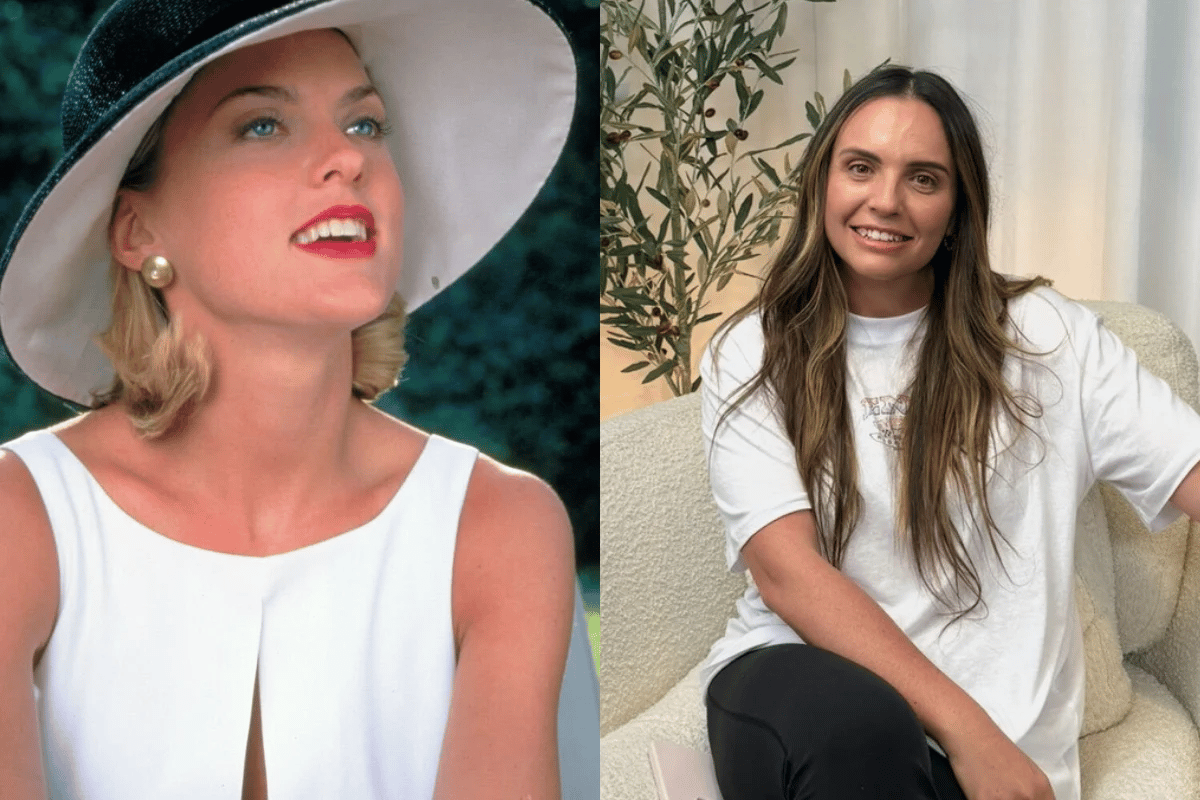
If you want to support independent women's media, become a Mamamia subscriber. Get an all-access pass to everything we make, including exclusive podcasts, articles, videos and our exercise app, MOVE.
Kris Byrnes remembers the moment she realised the difference between parenting her biological daughter and her stepdaughters. It wasn't dramatic or obvious. It was in the smallest of gestures.
"My daughter has done this since she was a baby. We call it 'tootsie toes' where she pushes her feet between my thighs at night where it's warm," she told Mamamia.
"Sometimes her toenails scratch, and it stings, but I embrace it because it won't last forever."
Her stepdaughters, however, never did tootsie toes.
"There was always a subtle disconnect in the early years," she said. "I'd see their little faces change mid-cuddle, as if they worried it was 'too close'."
Watch: Madeleine West talks parenting later in life on No Filter. Post continues below.
"No one ever said, 'She's not your mum, but she loves you, let her in.' So I walked on eggshells, quietly building trust through other ways. Back tickles, late-night chats on the shower floor."




























































































